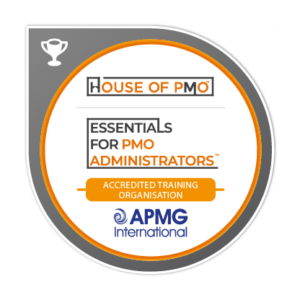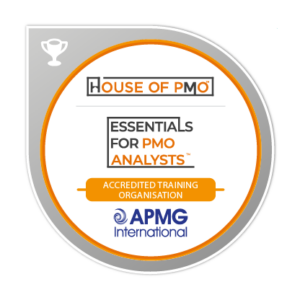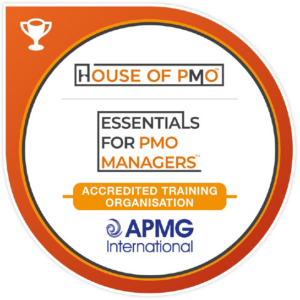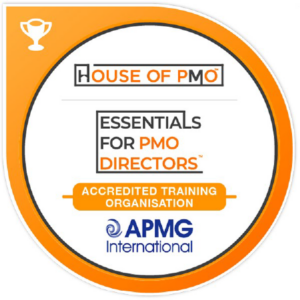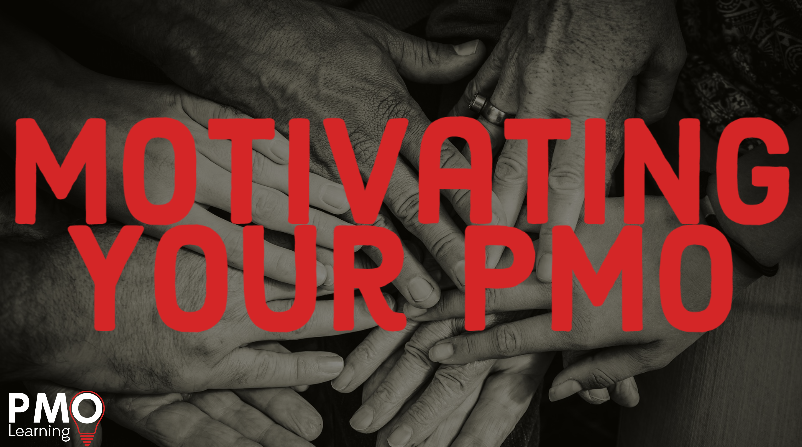
We’re continuing our new blog series where we take a more in-depth look at some of the 51 different key skills, and 16 key behaviours in the PMO Competency Framework – this week, we’re looking at a key Relationships skill – Motivate.
The PMO Competency Framework (p. 293) describes the Motivate skills as,
The ability to provide a compelling reason for somebody to change their beliefs or behaviour.
Grant (2008), on his research on employee motivation, states that motivation helps to enhance profitability, execution, and constancy, and Skudiene & Auruskeviciene (2012), found that a lack of motivation within an organisation greatly affects the productivity.
We should definitely be interested in keeping our teams, (and ourselves!) motivated in order to be fully competent in our roles in the PMO.
Let’s take a look at some tips at how to maintain motivation in your PMO.
1. Know your team (and yourself!)
Each person, yourself included, is motivated by something particular to them – some might be motivated in order to meet personal standards or expectations, working together as a team, or even finding creative solutions to solve problems.
It’s important that you have a strong relationship with your team so you can identify key motivating factors, and understand how to get the best out of your colleagues. A study from Bassford and Offermann (2012) ‘found support for the hypotheses that positive coworker relationships independently increase employee motivation’.
This can be a great icebreaker activity, asking questions such as
What motivates you at work?
What does a motivated team look like to you?
What stifles your motivation?
By establishing this you will get a deeper understanding of how your team works, and what the team looks like when at their most motivated. Perhaps more important is being able to identify when they are not feeling motivated, and how to get them back on track.
2. Have specific goals
It can be difficult to be motivated when we are unsure, or it is unclear what we are working towards – even more so when there is not a clear trajectory to the desired outcome.
Here the PMO Competency Framework and the House of PMO can help. Completing a self assessment using the framework can provide us with an evidenced example of where we are working, and what we need to demonstrate in order to progress to the next level of competency.
Even better – corporate members of the House of PMO can now complete their self assessments using the online tool Comaea. If your organisation is set up, you are even able to view the specific role profiles for each member of your team, review individual and team profiles and generate reports. You can read more about this here.
The work of Locke, Shaw and Latham (1981) found in 90% of the studies they conducted, specific and challenging goals led to higher performance than easy goals, “do your best” goals, or no goals.
3. Provide constructive and detailed feedback
Feedback can be invaluable in improving performance, and can motivate us to perform better and act on the advice given.
A study on feedback given to virtual teams (Geister, Konradt and Hertel, 2006) found that ‘feedback is useful for virtual teams, although it is especially relevant for less motivated team members’.
Feedback can be a fantastic opportunity to build on the tips outlined above. If you’re struggling to identify how to help team members stay motivated, feedback provides a real chance to not only connect with them, but outline any specific goals you may have – and how they can improve their own competency in order to achieve them.
If you’d like to learn more about motivation as a key skill for those working in the PMO, completing a self-assessment, or developing your independent or team competencies, why not take a look at the PMO Competency Framework?
References
Bassford, T. and Offermann, L. (2012) Beyond Leadership: The impact of coworker relationships on employee motivation and intent to stay. Journal of Management & Organization, 18(6), 807-817.
Geister, S., Konradt, U. & Hertel, G. (2006) Effects of Process Feedback on Motivation, Satisfaction, and Performance in Virtual Teams. Small Group Research, 37(5), 459-489.
Grant, A. M. (2008). Does intrinsic motivation fuel the prosocial fire? Motivational synergy in predicting persistence, performance, and productivity. Journal of Applied Psychology, 93(1), 48–58.
Locke, E. A., Shaw, K. N., Saari, L. M., & Latham, G. P. (1981). Goal setting and task performance: 1969–1980. Psychological Bulletin, 90(1), 125–152
Skudiene, V. and Auruskeviciene, V. (2012) The Contribution of Corporate Social Responsibility to Internal Employee Motivation. Baltic Journal of Management, 7, 49-67.
Enjoying Our Blog?
Sign up and receive all our articles (we’ll send you an update once a week!) plus special offers and events:
This post contains affiliate ad links.






